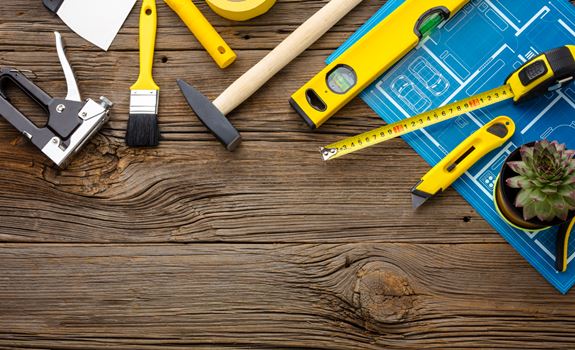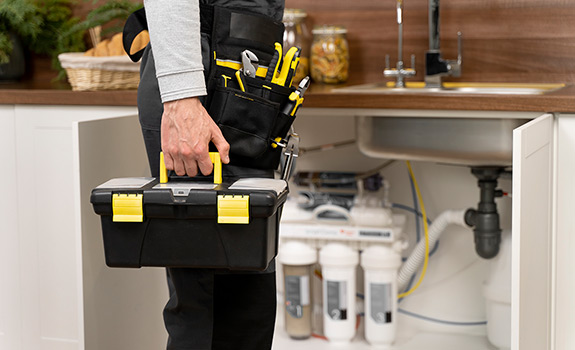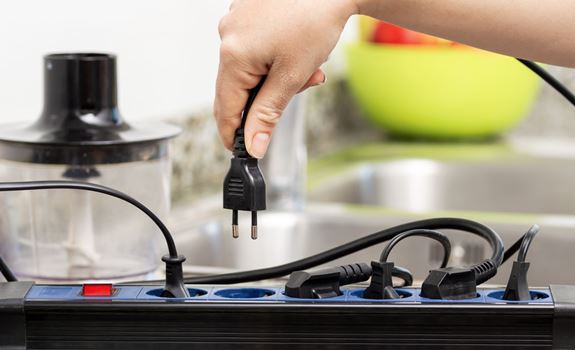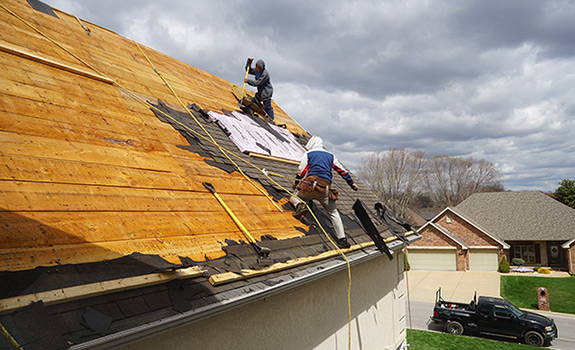Moving into a property can come with a lot of uncertainty, which is why it pays to do your research so there are no nasty surprises once you’ve settled in.
A septic tank is an excellent example of an unknown quantity; one which can be intimidating or even off-putting if you’ve never lived in a place that uses one before.
To demystify this surprisingly common feature of a prospective property, here’s a quick overview of the things you should keep in mind about septic tanks, whether you’re buying or renting.

What Is a Septic Tank and How Does It Work?
Put simply, a septic tank is an underground container that stores wastewater from toilets, sinks, showers and other fixtures inside the home.
The waste water then undergoes natural biological processes within the tank, before draining into separate chambers, or leach fields, where additional treatment takes place in order for the water to be safely returned back into the environment.
You’ll typically find this type of setup in homes that are remote enough to not be directly connected to a sewer system, meaning they’re more usually associated with rural regions. However, it’s not impossible to encounter them in urban or suburban areas as well, so check the documentation carefully when viewing properties.
Essential Maintenance Tips for Homeowners With Septic Tanks
Maintaining a septic tank is essential in order to ensure that it works properly and lasts as long as possible, and should be part of your general home maintenance tasks. Here are some tips for keeping your home’s system running smoothly:
- Regularly inspect the area around the tank, looking out for any signs of water pooling or foul smells
- Only flush biodegradable items down toilets (no paper towels, tampons etc)
- Avoid pouring grease or chemical products into drains
- Have your septic tank pumped out every 3-5 years depending on usage
Following these basic guidelines will help you keep your septic system functioning optimally over time, and save you money.
How to Contact Septic Repair Services
When it comes time for maintenance and fixes, finding trusted septic repair services is key. It’s important to contact local companies who specialize in this type of work, and to get quotes from multiple contractors before making your decision.
When speaking with potential candidates, ask questions about their experience, and ensure that they have the proper licenses and insurance coverage to call upon should anything go wrong during the repair process.
How to Locate Your Home’s Septic System Components
In most cases, you can find the tank buried underground near one side of the house, and it will usually be marked with an access cover or lid.
The leach field (or drain field) should also be easy to locate, as this area is typically covered with grass, and may have pipes or features that are visible above ground. Identifying these parts ahead of time will make troubleshooting problems much easier down the line.
Common Signs of Trouble in a Septic System
Regular maintenance is crucial to keeping septic systems running smoothly, as mentioned. It’s also important to be aware of potential problems that could arise.
Some common signs that something may be wrong include water pooling around the tank or drain field, foul odors coming from drains and toilets, slow-draining fixtures, and if your toilets start gurgling when flushed.
If you notice any of these issues, it’s best to contact a professional as soon as possible for an inspection before small repairs turn into bigger (and more expensive) ones down the line.
Concluding Considerations
Hopefully you now know that a septic tank isn’t that scary. Like standard plumbing and sewage setups, it just needs care and attention to keep on ticking over properly, and proactive, preventive maintenance to avoid dilemmas.
Published in: Home advice | Author: Yanita










